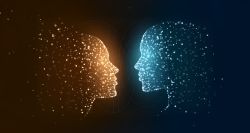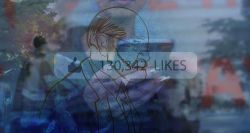
Silence in Psychoanalysis: What the Absence of Words Reveals
David Sahyoun, 2025-12-17 18:00 - Reading : 5 minute(s)
Psychoanalysis Silence Therapy Words
Some silences are deafening, heavy, cutting through, and freezing the space around them. Others, by contrast, open a gap, suspending the flow of speech like a hand gently soothing a wound. In psychoanalysis, silence is not the enemy of discourse; on the contrary, it is its very condition, sometimes even its hidden engine. Silence permeates ...










